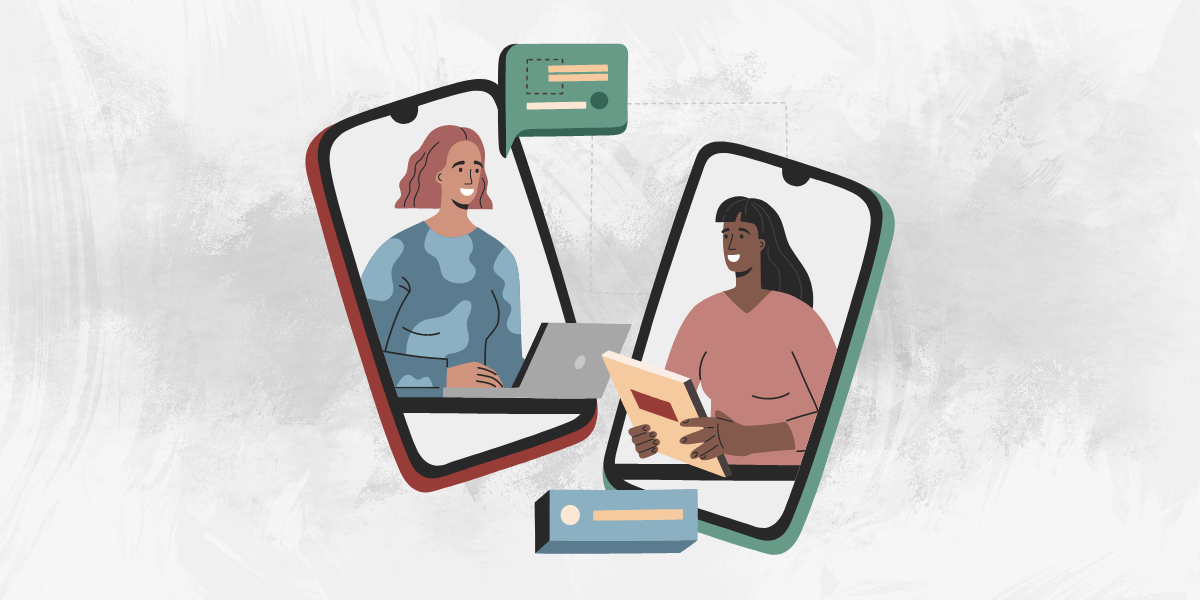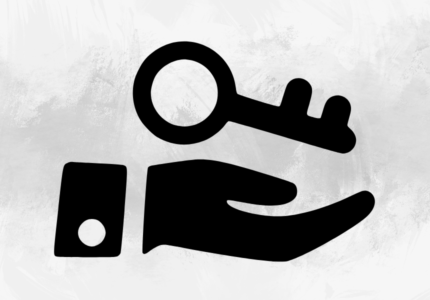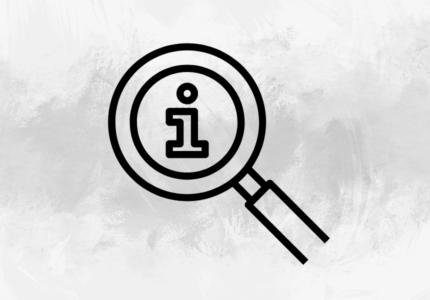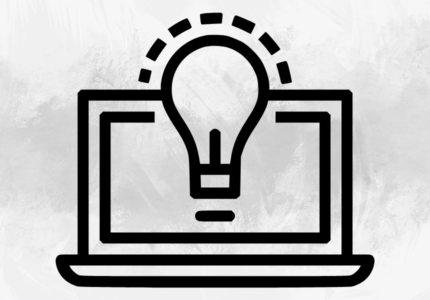
Just as you think you’re done with the nerve-wreck of being tested by corporate executives, your landline rings, and it turns out that it was the HR who gave the cold handshake last Wednesday! Bet you didn’t miss him. He said, however, that the line would be routed to your prospective corporate manager.
Grunt. It’s not something you have considered, especially after the face-to-face interview. You don’t want to ruin the opportunity of your life just because the phone rings.
You should learn from the experience of being contacted by ambush employers. You don’t have to wait for the results of a job interview. You still have time to prepare if you haven’t experienced any. Here are five steps to avoid aftershocks.
1. Prepare for the call
Preparing for a phone interview is the best way to train. Do not fall for lazy thinking. Don’t assume that prospects will call you any time after they have given you their contacts. You shouldn’t be reassured by the possibility that they won’t call you. Be alert and list possible questions they may ask.
2. After a few minutes, ask them to ring.
If you are being ambushed, you can politely request the interviewer to call you back after a few minutes. Take some time to practice your voice, and then recollect your thoughts. Grab a copy of your resume and stand up. This will help shift your mindset to a corporate, serious mode. Warm-ups will increase your chances of striking up a conversation with the person you are calling. No matter what other people tell you, it is crucial that you take a few minutes to warm up before you answer the phone.
3. Locate a place that is unobstructed
Before you can tell if your environment is ready for an interview, you must be able to hear your own breathing. You can’t afford to put a communication barrier between you and your interviewer in such a situation. Your career can be ruined by television. If you don’t want the television to ruin your career, turn off all TVs. If you can’t do that from where you are, go outside and find a quiet spot. Take a deep breath and wait for the call.
4. Talk a little slower, pace yourself
It is more difficult to understand the sounds coming from the phone so be patient when answering questions. Your employer may not hear your voice in real-time, so you need to make sure you speak clearly. Your agent should be louder than usual. You should also talk slower than expected. This will allow your employers to decode your words and give you the time to plan how to answer them.
5. For the next step, tune in
Tell the employer that you are excited about the job and ask what next. If there are any questions, tell them that you are available to assist. It is easy to prepare for a telephone interview.
Nelson Mullins was a former expert in corporate hiring and recruitment. He regularly writes articles about resumes, writing resumes, personality development, and general career topics. He is the father of three children and enjoys biking and photography. Nelson believes that, even though the job market is a race for applicants, it’s essential to remain open to new ideas and to continue to grow your career.





